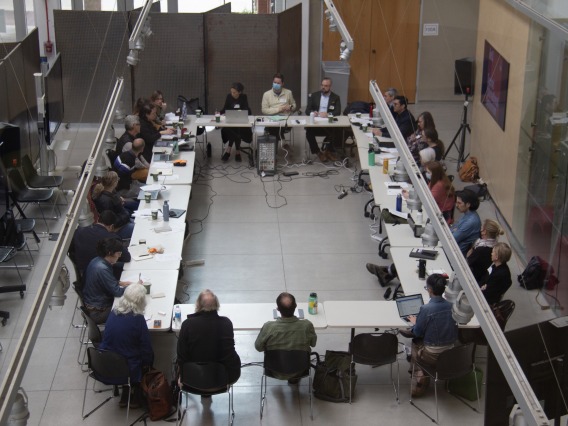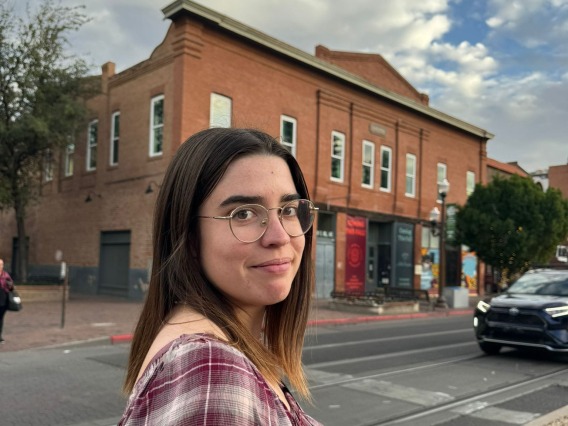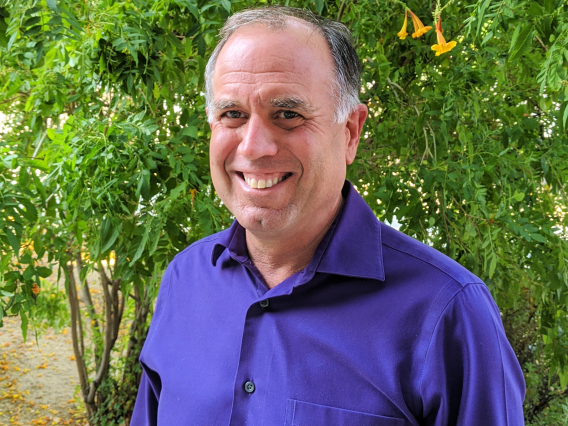UArizona Architecture Undergraduate Student Provides Insight for Efforts to Improve Bike Safety in Tucson

Photo by John Loannidis, courtesy Pixabay.
Cassidy Frost, a fourth-year Bachelor of Architecture student in the College of Architecture, Planning and Landscape Architecture, was interviewed in a recent Arizona Daily Star article on how the city hopes to make cycling in Tucson both safer and more accessible.
“There have been many instances where cars have not given me enough space in the bike lane or turned right in front of me,” says Frost in the article. “The only reason I wasn’t hit was because I was aware of what was occurring.”
If Frost, a regular bike commuter and member of the UArizona cycling team, has so many close calls, less experienced cyclists in Tucson are at even greater risk.
The article details the current struggles for cyclists and new, city-led initiatives designed to increase the comfort, safety and accessibility for Tucson cyclists, such as the creation of additional bike boulevards.
In response to the threats to cyclists, the city launched the Move Tucson campaign in 2021. It aims to build a network of bike-friendly routes that can provide low-stress travel for cyclists regardless of their destination.
It’s a 20-year, $13 billion program that is working to “create a mobility future that reduces barriers and enables opportunities for all of us by increasing transportation choices, improving safety and investing in the infrastructure we already have,” according to the Move Tucson website.
Learn more about efforts to improve bike safety in Tucson by reading the full article.



